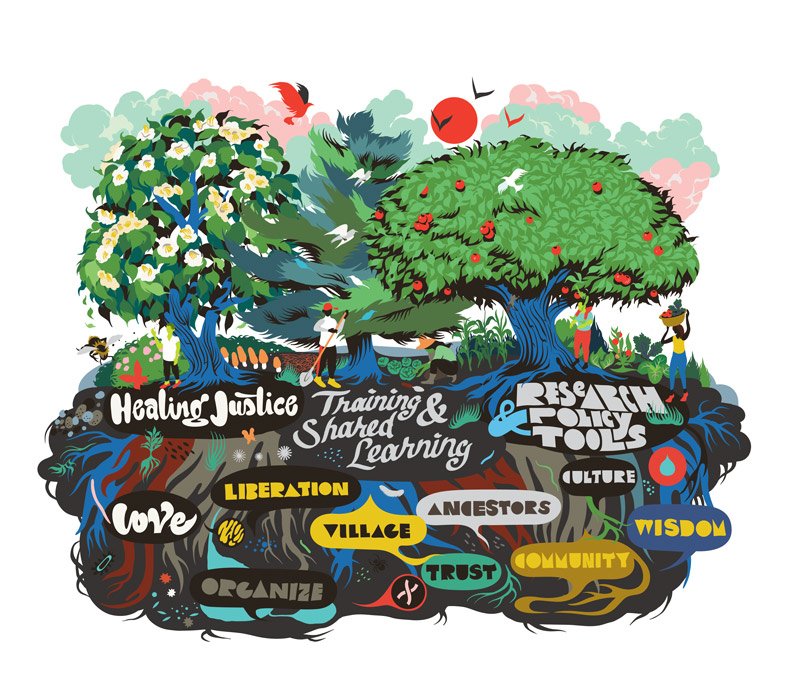Want to start protesting, but you don’t know how to get involved? Here are some tips from a seasoned protester.
Bonnie Young is a junior at the University of Minnesota. She has yet to attend a protest, but she continues to stay updated on the issues she cares about via social media.
“I think the only thing holding me back from going to them is that I’m anxious,” Young said. “Because it’s not like I don’t care about the cause.”
Voices for Racial Justice’s, director of community engagement, Julia Freeman, offers tips for those who don’t know where to begin with protesting. Freeman, who has been with the organization for over 15 years, says Voices for Racial Justice was formed to, “envision a world without racism that honors the culture, knowledge, power, and healing of Black, Indigenous, and communities of color.” Here is her advice:
Do your homework.
Freeman’s first piece of advice to readers is to look at the organization’s website. If you have an issue that you are passionate about and want to start to make a change, start to learn about that issue. Find an organization that has a mission that you agree with. The more that you learn about the topic, the more help you will be to the organization.
Reach out.
Don’t be afraid to contact the organization that you like, and ask questions. Look for people who can help you connect with other members of the organization. Look when the next meeting is or the next group event. “Never leave without an action point,” Freeman says. This means to always keep a way of communication open, don’t let a conversation die. Always ask if there are other people who you can reach out to and continue to have conversations with.
Volunteer.
Look for opportunities on their website where you can pitch in an afternoon. By spending time with the organization and other people who are passionate about the same issue, this can lead to connections in the group. Connections are important for becoming a member of an organization. Volunteer work offers time together with others and more education on what the organization does. Voices for Racial Justice is having its 30-year anniversary later this year. Freeman says this would be the perfect event to offer to volunteer for building connections and learning about the organization.
Be an ally.
When participating in a protest, Freeman says to “show up as an ally.” If the issue that you are passionate about does not affect your life, like a straight person advocating for LGBTQ+ rights, make sure to not overstep. The problems with that community are important to address, but the protest is to allow people of that community a voice. Instead, be a listener. Hear the concerns of the group and the people of that community. Walk together with them in support, without making it about how a straight person is coming to help. Also be a learner. Learn about why these issues are happening, and what you can do to help.
Have fun.
Advocating for change doesn’t have to be dreary. Follow the organization that is running the action, and have fun while doing it. Bring a friend to the action so they can learn about the topic that the action is addressing. Connect with people who might be the same or different from you.
The important thing, Freeman says, is to learn about the topics that you care about, learn about what is happening in your community, and learn how you can make a change.
*Photo from Voices for Racial Justice website.



